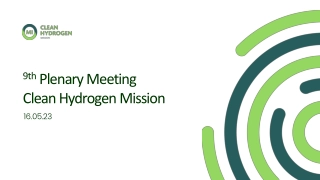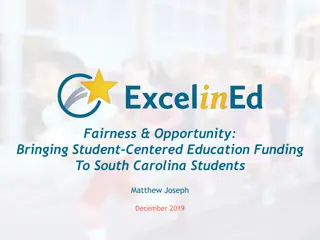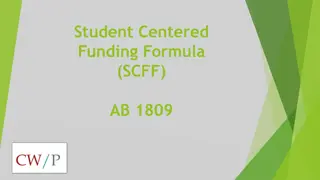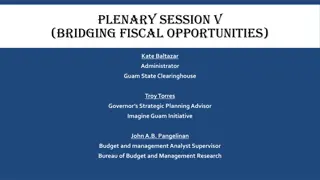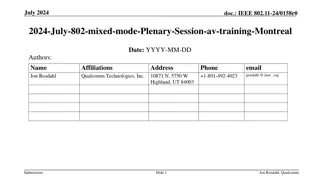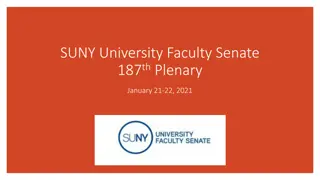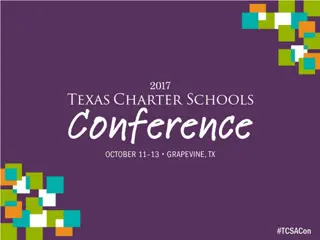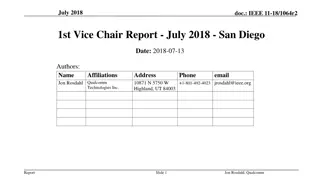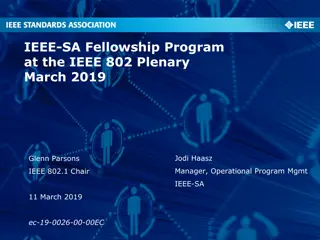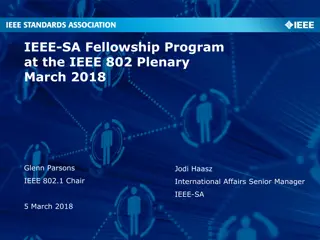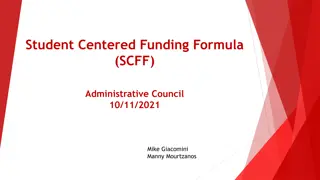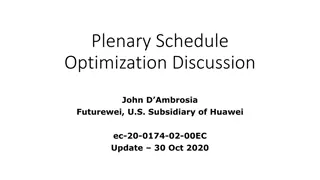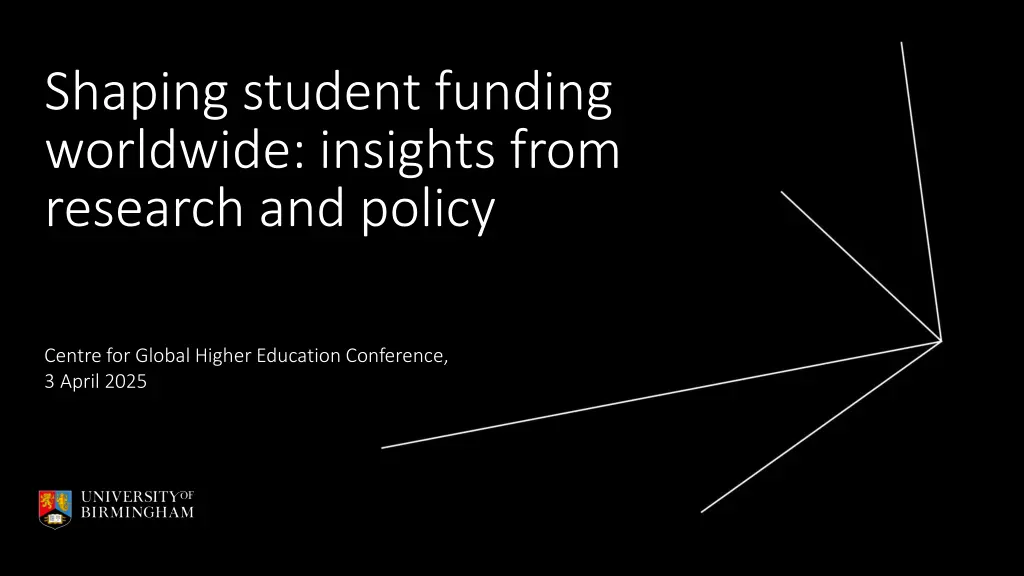
Insights from Global Student Funding Research Conference
Get valuable insights on shaping worldwide student funding through research and policy discussions at the Centre for Global Higher Education Conference. Explore country case studies, cross-cutting themes, reform initiatives, and networking opportunities to tackle inequalities and shape global policy.
Download Presentation

Please find below an Image/Link to download the presentation.
The content on the website is provided AS IS for your information and personal use only. It may not be sold, licensed, or shared on other websites without obtaining consent from the author. If you encounter any issues during the download, it is possible that the publisher has removed the file from their server.
You are allowed to download the files provided on this website for personal or commercial use, subject to the condition that they are used lawfully. All files are the property of their respective owners.
The content on the website is provided AS IS for your information and personal use only. It may not be sold, licensed, or shared on other websites without obtaining consent from the author.
E N D
Presentation Transcript
Shaping student funding worldwide: insights from research and policy Centre for Global Higher Education Conference, 3 April 2025
Participants Chair: James Robson, University of Oxford CGHE International Student Funding Network: Ariane de Gayardon, University of Twente Ministers: Victor Ollerana Calderon, Undersecretary of Higher Education, Chile Jo Johnson, former Minister for Universities and Science, United Kingdom Thandi Lewin, University of Johannesburg Chris Millward, University of Birmingham
Format Networking student funding researchers worldwide (Ariane) Insights from country case studies (Thandi) Cross-cutting themes for research and policy (Chris) Reforming student funding in Chile (Victor) Reforming regulation in England (Jo) Plenary Q & A (James)
Networking student funding researchers worldwide Background Launched Sept 2024 after a Jan 2024 workshop Monthly meetings: discussions, policy updates, collaborations Aim Build a specialist community on student funding Connect researchers across disciplines, methods, and regions Explore global challenges, with a focus on the Global South Influence policymaking Who We Are 27 members from academia, policy, and government Diverse expertise: Sociology, economics, education, policy Global reach: UK, Europe, US, Chile, South Africa & India Common goal: Tackling inequalities& shaping policy Webpage with list of members
Insights from country case studies In depth presentations on a range of country contexts, covering Hungary, UK, US, South Africa, Brazil and Chile in some depth. Also been given insight into three sets of cross-country comparative projects: one international covering 56 countries, OECD, and Europe (Eurydice/EACEA). Covering a range of issues, from understanding the methodological implications of cross-country comparative studies, data quality, tuition costs, student debt, types and categorisation of student funding models, political and ideological frameworks influencing student financial aid policy, and understanding the growth of HE and concomitant policy developments in particular countries.
Insights from country case studies Globally, most systems are tuition fee-based, even when amounts paid are low, regulated and/or differentiated. Student debt remains an issue confronting many countries, given the predominance of loan schemes and long-term issues relating to student debt. Growth of private higher education in many parts of the world, and a need to understand student funding in private institutions. Links between student funding policies and the overall funding of higher education such as how tuition fees are regulated. Understanding access and success and the contribution of funding to higher education outcomes. Understanding inequality and household income and how this influences student financial aid. Creating typologies of student financial aid that can create cross-country comparisons- complexity of models, data challenges.
Cross-cutting issues arising from our work Diversity of disciplinary, professional and methodological backgrounds, interests and imperatives Research challenges: defining and capturing fees, student finance and benefits hidden costs, e.g. housing, food, transport variable reporting, e.g. ethnicity, disability, missing middle Policy challenges: open access, flexibility / fiscal constraint, completion influence of broader patterns, e.g. education and labour market trade-offs, e.g. students and universities growth and regulation of private sector The future: liberal and illiberal democracies breaking policy deadlock
Modernising the higher education of Chile: national challenges and the current reform Dr. V ctor Orellana Calder n Undersecretary of Higher Education Governmentof Chile CGHE Conference 2025 - Oxford
Higher Education enrollments Evolution of total enrollments in Chile 1984-2024 1,600,000 1,400,000 1,200,000 1,000,000 800,000 600,000 400,000 200,000 - 1984 1985 1986 1987 1988 1989 1990 1991 1992 1993 1994 1995 1996 1997 1998 1999 2000 2001 2002 2003 2004 2005 2006 2007 2008 2009 2010 2011 2012 2013 2014 2015 2016 2017 2018 2019 2020 2021 2022 2023 2024 Total Fuente: Elaboraci n propia en base a Compendio Hist rico SIES Fast expansion of higher education enrolments, with strong presence of the private sector. 16% of student acces to public instituions. 10
Public investment in higher education Public spending in higher education GDP % (2021) 2.5% 2.0% 1.5% 1.0% 0.5% 0.0% Canada Greece Spain Australia France Estonia Czechia Sweden T rkiye Japan New Zealand Mexico Hungary Costa Rica Italy Denmark Norway Austria Poland Chile Luxembourg Korea Lithuania Finland Germany Switzerland Ireland Latvia Israel United Kingdom Netherlands Iceland Portugal United States Belgium Slovenia Slovak Republic Fuente: OCDE (http://data-explorer.oecd.org)
Education, productivity and labor market Enrolments, professional participation and productivity factors in the labor market 1990-2022) 80.0% 5.0% Productividad Total de % cobertura bruta ESUP y % 70.0% directivos, profesionales y 4.0% 60.0% 50.0% 3.0% 40.0% Factores 2.0% 30.0% t cnicos 20.0% 1.0% 10.0% 0.0% 0.0% 1992 1993 1994 1995 1996 1997 1998 1999 2000 2001 2002 2003 2004 2005 2006 2007 2008 2009 2010 2011 2012 2013 2014 2015 2016 2017 2018 2019 2020 2021 2022 Cobertura Bruta ESUP (18-24 a os) (1) Directivos, profesionales y t cnicos (2) Productividad Total de Factores - Total (3) Productividad Total de Factores - No minera (4) Fuentes: (1) Matr cula SIES y proyecciones de poblaci n INE 1992-2050, (2) Serie CASEN 1992-2022 (categor as CIUO-88 1, 2 y 3), (3) Base de datos CNEP e Informes Anuales de Productividad 2021 y 2022. Los valores est n ajustados por desempleo en base al ajuste a la PTF utilizado por DIPRES.
Why to reform the student funding policy of Chile? Families: Rising cost of higher education HE institutions: Concentration of student subsides non-research intense universities. Low investment on complex universities Government: Low efficiency of student loans. High investment low repayment
Modernising agenda for Higher Education Advance flexible trajectories with more mobility and better articulation. Academic reform HE committed to sustainable human development More development and wellbeing. Management and funding reform Improvements to policy tools and new strategic guidelines
Current system State-guarantee student loan Monthly loan payments Institutional funding (grants) Public goods (research, innovation and community engagement)
New funding mechanism: FES Funding based on cost of teaching and quality Public goods (research, innovation and community engagement)
Government proposal New Public Funding Instrument for Higher Education (FES) Student Loan Forgiveness Plan
Expected impacts The reform will benefit around 1.6 millions of people (current and future students + current debtors) More efficient, simple and cohesive student funding policy Reduction of financial hardship and cost of accessing higher education More regulation and transparency of public funding
College of Social Sciences Thank you for participating Education Excellence Meeting, 12th October 2023


